4 Ways Parents of Children with Disabilities Can Help the Transition into Adulthood
As a parent, it’s your job to help your child transition into adulthood as seamlessly as possible. But, that isn’t always easy for any parent. It can become even more difficult when you have a child with a disability.
You might be more protective of that child, or you may even want to keep them under your wing just to be sure they are safe.
However, you know that helping your child become as independent as possible will ultimately keep them safer, and focusing on the transition to adulthood is essential. Not sure where to get started?
Let’s look at a few effective ways you can make the transition smoother for your child, and how you can encourage them to live their best life as an adult, while still supporting them every step of the way.
1. Ensuring the Independent Transition Plan Fits Your Child’s Plan for the Future
Your child’s ITP outlines the school’s transition goals for the future. It can begin as early as 14, but needs to start by age 16. When they start to help your child make that transition to adulthood, it’s important that the goals in the plan reflect your plan and your child’s hopes and dreams.
Why?
First, working on the wrong goals is just a waste of time! More importantly, the school has the responsibility to prepare your child for adulthood. The goals need to reflect their strengths, interests and needs. Without that, they are not useful.
2. Accessing Government-Funded Programs and Resources
Don’t be afraid to dig around for as many resources as possible as your child transitions into adulthood. Government benefits do change after your child turns 18. But, there are other benefits you can apply for when your child is out of school and starting to enter into adult life.
If you’re not sure where to begin with the application process, feel free to reach out to me for a few resources that may be beneficial to you and your child.
3. Helping Your Child Become More Independent
Sometimes, the most difficult part of a transition to adulthood is helping your child learn how to be independent in their activities of daily living (ADLs). As their parents, it’s not uncommon to have supported your child completely.
One of the best things you can do is to increase the opportunity to learn their ADLs. The reality is, you may not be there for them in the future. Teaching them to the best of their ability, will offer them protection.
Positive parenting can also support your child to develop behaviors that will increase community integration in their adult life. Utilizing positive reinforcement increases the behaviors that are valued.
When you know your child is better prepared, you’ll feel more comfortable as they approach the adult world.
4. Learning About Financial and Legal Considerations
It’s important to make yourself aware of legal and financial considerations before your child turns 18. There are some protections that can “go away” when your child is legally an adult. Thankfully, there are also options available if needed when they are officially an adult, so it’s important to know how to apply for those things to ensure your child is taken care of, no matter what.
Seeing your child grow into an adult can be rewarding and overwhelming at the same time. But you don’t have to go through any of these issues on your own. Please contact me to set up an appointment.
Together, we can ensure that the transition into adulthood is easier for you, as a parent, and comfortable for your child with a disability, so they can have the most successful future possible.
